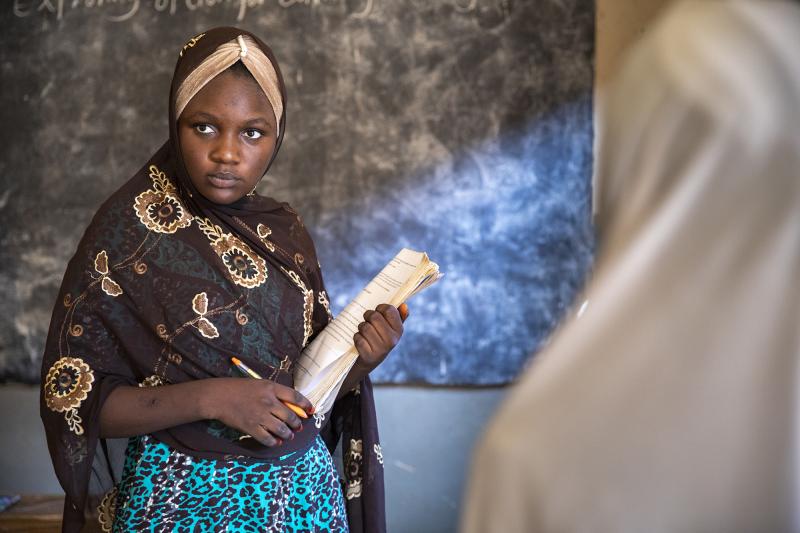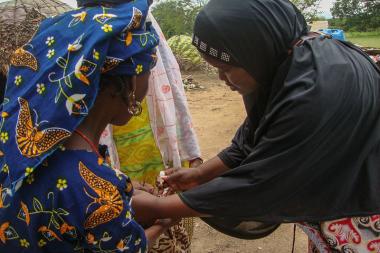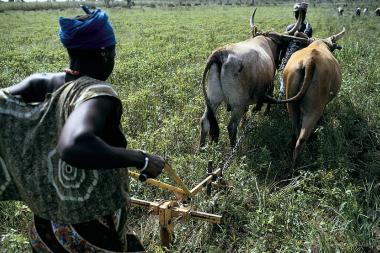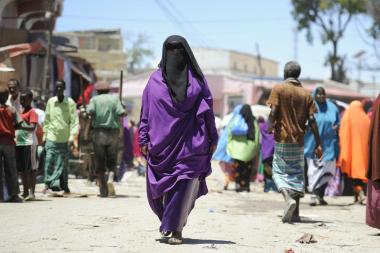Supporting adolescent girls’ well-being in climate- and conflict-affected areas of East and West Africa
This policy brief synthesises evidence on interventions to support the financial and psychosocial wellbeing of adolescent girls in vulnerable pastoral areas, highlighting gaps to inform future programmes and policies.
In East and West African pastoral areas that are affected by conflict and climate change, adolescent girls face harmful gender norms, have limited opportunities for education, and are exposed to gender-based violence.
Instability in pastoral areas forces families to adopt survival strategies that increase girls’ vulnerabilities, such as withdrawing them from school or arranging early marriages to offset economic burdens. Climate-induced displacement compounds these risks: displaced adolescent girls in settings face heightened exposure to violence, exploitation and gender-based violence.
These issues must be addressed if adolescent girls are to be empowered and their communities are to be resilient.
This policy brief synthesises evidence on interventions to support the financial and psychosocial wellbeing of adolescent girls in vulnerable pastoral areas, highlighting gaps to inform future programmes and policies.
Between May and July 2024, 24 documents were reviewed, and eight specialists, from Mercy Corps, Girl Effect, African Population and Health Research Center (APHRC), Ipsos, Freely Hope, and the Population Council, were consulted.
Findings include:
- Safe spaces and psycho-education programmes, such as structured writing, counselling and training in social skills, have helped girls process their experiences, reducing symptoms of post-traumatic stress. Providing girls with education and counselling on reproductive health has seen improved health and delayed sexual debut.
- Training in financial literacy and entrepreneurship has significantly improved girls’ resilience and empowerment.
- Community-level interventions, including safe spaces, community dialogues, and girls’ clubs have provided a supportive environment for adolescents in conflict settings.
- At a higher level, inclusive policies are needed to address social norms and structural inequalities in pastoral areas.



